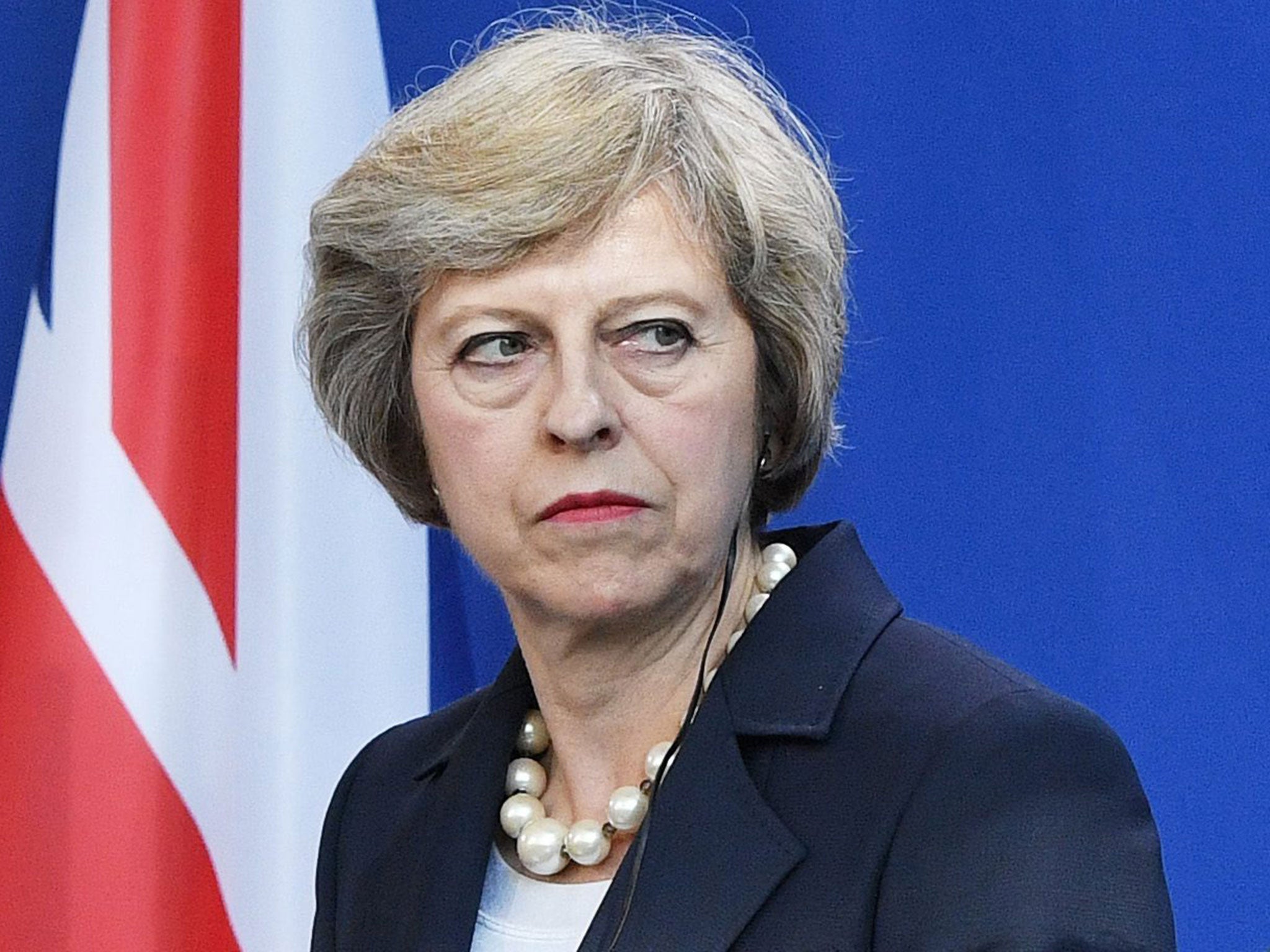The Law - It is illegal to use your phone while driving or riding a motorcycle unless you have hands-free access, such as:
• Bluetooth headset
• Voice command
• A dashboard holder
The law still applies to you if you’re:
• Stopped at traffic lights
• Queuing in traffic
• Supervising a learner driver
You can use a hand-held phone if either of these apply:
• You’re safely parked
• You need to call 999 or 112 in an emergency and it’s unsafe or impractical to stop
You can get 6 penalty points and a £200 fine if you use a hand-held phone. You can also be taken to court where you can:
• Be banned from driving or riding
• Get a maximum fine of £1,000 (£2,500 if you’re driving a lorry or bus)
If you passed your driving test in the last 2 years, you’ll lose your licence.
Facts & News - According to the AA, research shows that you are four times more likely to be in a crash if you use your phone. Your reaction times are also two times slower if you text and drive than if you drink drive, and this increases to three times if you use a handheld phone. Even careful drivers can be distracted by a call or text – and a split-second lapse in concentration could result in a crash. This highlights how mobile phone usage in cars is as, if not more, dangerous as drink driving.
The Department for Transport revealed that, of the 88 deaths caused by distractions in 2012, 17 were due to mobile use. Unfortunately, The Department for Transport has not released any recent surveys on reports on mobile phone use; however, their last available document was released in 2014, named 'Seat belt and mobile phone use surveys: England and Scotland, 2014'. The report highlights a variety of aspects related to mobile phone car crashes. One aspect highlighted is that the number of road deaths caused in a crash where the driver was using a mobile phone topped 26 in 2013. This is an increase from 2012.
Whilst this number is fairly low, Police believe far more road accidents are caused by drivers using their mobile phones at the wheel than is shown in official records, a new investigation reveals. Specialist collision officers say dangerous drivers are evading justice because police lack the powers and resources to probe whether a mobile phone may have caused an incident. Phones are only currently routinely seized following an accident that results in fatal or life-changing injuries. If police can’t detect the full extent of this behaviour then we are missing an important part of the investigation picture. A study found that three quarters of collision investigators who were interviewed said they had been unable to report the full proportion of road accidents linked with mobile phone use within the last year. Road safety campaigners were warning that mobile phone distraction will become a bigger killer on the UK’s roads than drink driving by 2015.
One interesting point that I observed in the research stage was that people are much more aware of the dangers of drink driving than mobile phone use when driving. Despite mixed political views, Prime Minister Theresa May has said she wants to make using a mobile phone at the wheel as socially unacceptable as drink-driving, comments that echo the RAC's stance on the issue. May said the Government would work with the public to "raise awareness" of the dangers of driving and dialling.
She said punishments for drivers who kill and maim people because their attention is on their phone should be made to 'fit the crime', as a deterrent to other motorists. Tougher penalties are due to take effect next year, thanks in part to pressure from the RAC.
RAC research released in September showed that the number of motorists that think it is acceptable to make a quick call doubled from 7% in 2014, to 14% in 2016. The organisation’s road safety spokesman Pete Williams said 'Better enforcement needs to be backed up by more driver education about the true dangers of handheld mobile phone use, and a heavyweight road safety campaign akin to that which has been successful in making drink-driving socially unacceptable'.
It is therefore very clear that the need to crack down on the issue is becoming more and more noticed by the Government.
According to the Telegraph, drivers could be blocked from using their mobile phone in the car amid plans being drawn up by ministers and technology companies to cut the number of fatalities on British roads.
The Department for Transport were to meet handset manufacturers and network providers in January 2017 to thrash out proposals to prevent people from texting and making calls at the wheel as part of a tough new crackdown.
Plans to use GPS technology to blocks calls and messages as soon as a driver reaches a certain speed were understood to be on the table, as well as the introduction of a drive safe mode, similar to the existing airplane mode, which could be installed on phones in the factory. Ministers are working on the tough new rules as part of a broader plan to curb road deaths related to mobile phone use, which account for around 20 fatalities a year.
Transport minister Lord Ahmed told the House of Lords that the meeting will consider 'safe drive modes, or other practical applications, when a person is driving'. So-called drive safe modes are already used in America and work by blocking mobile phone use when the user is travelling over a certain speed. However there are concerns about whether they would be compulsory or switched on by the phone user and whether they would block people using their mobile on public transport. It is not yet clear whether the app would be turned on by the manufacturer or left open to drivers to decide.



No comments:
Post a Comment